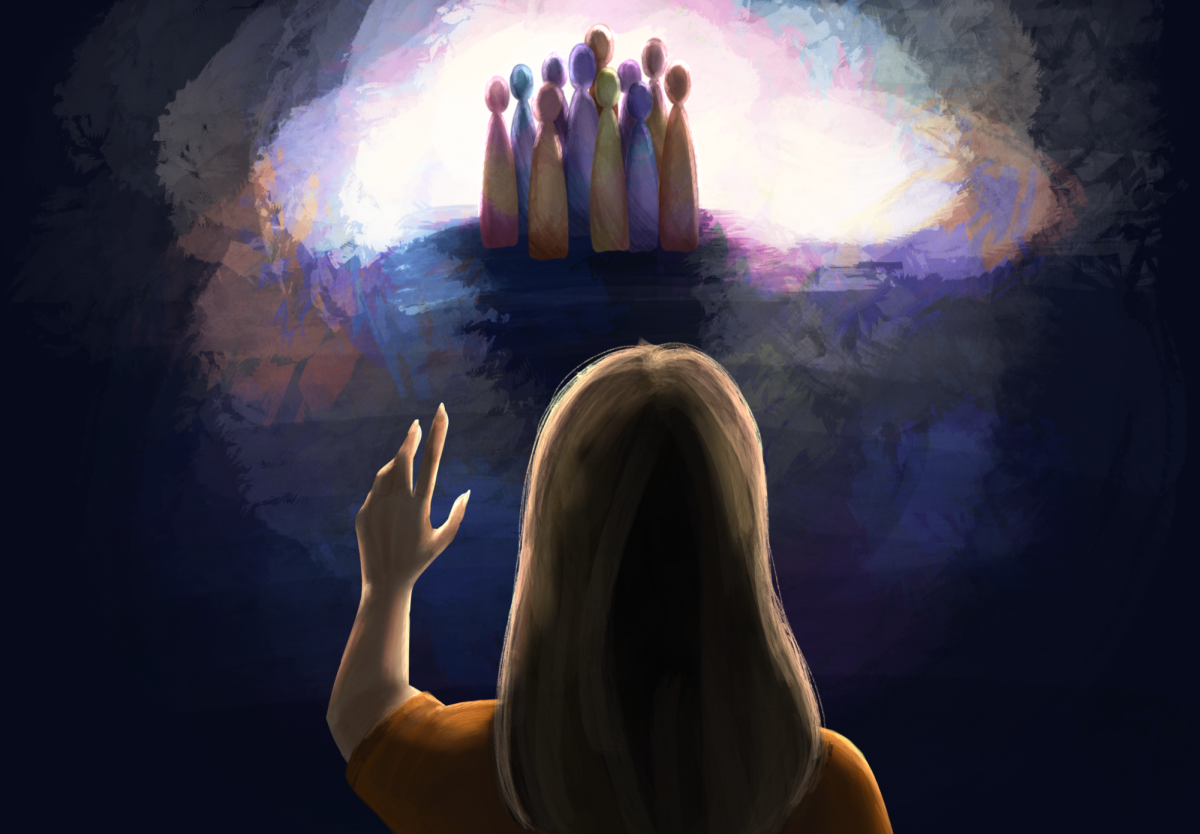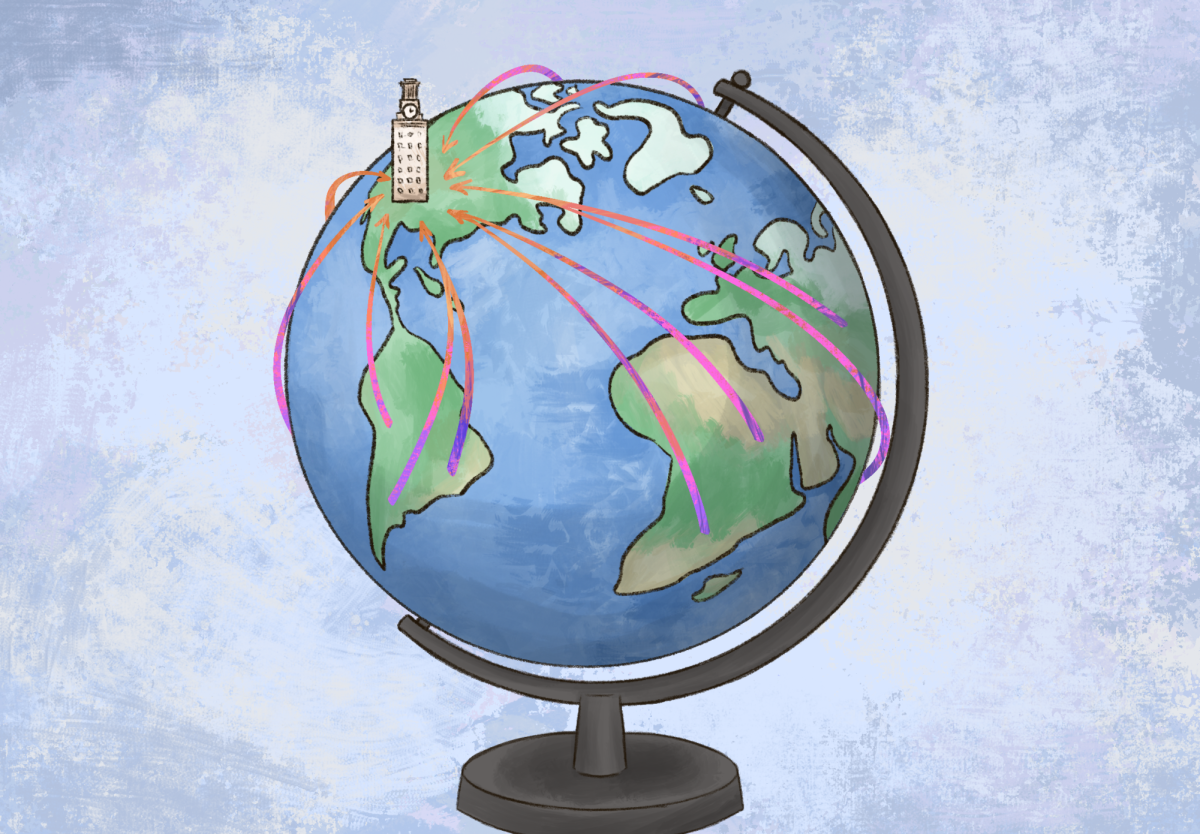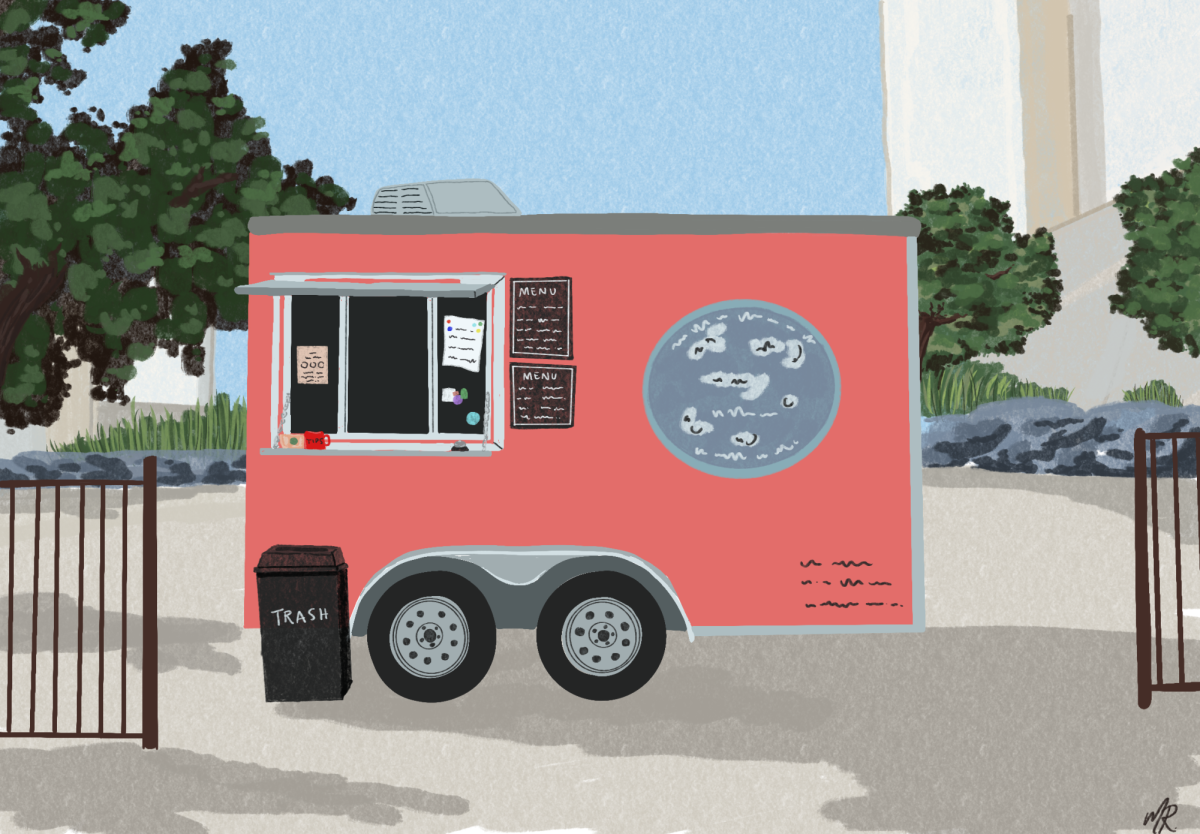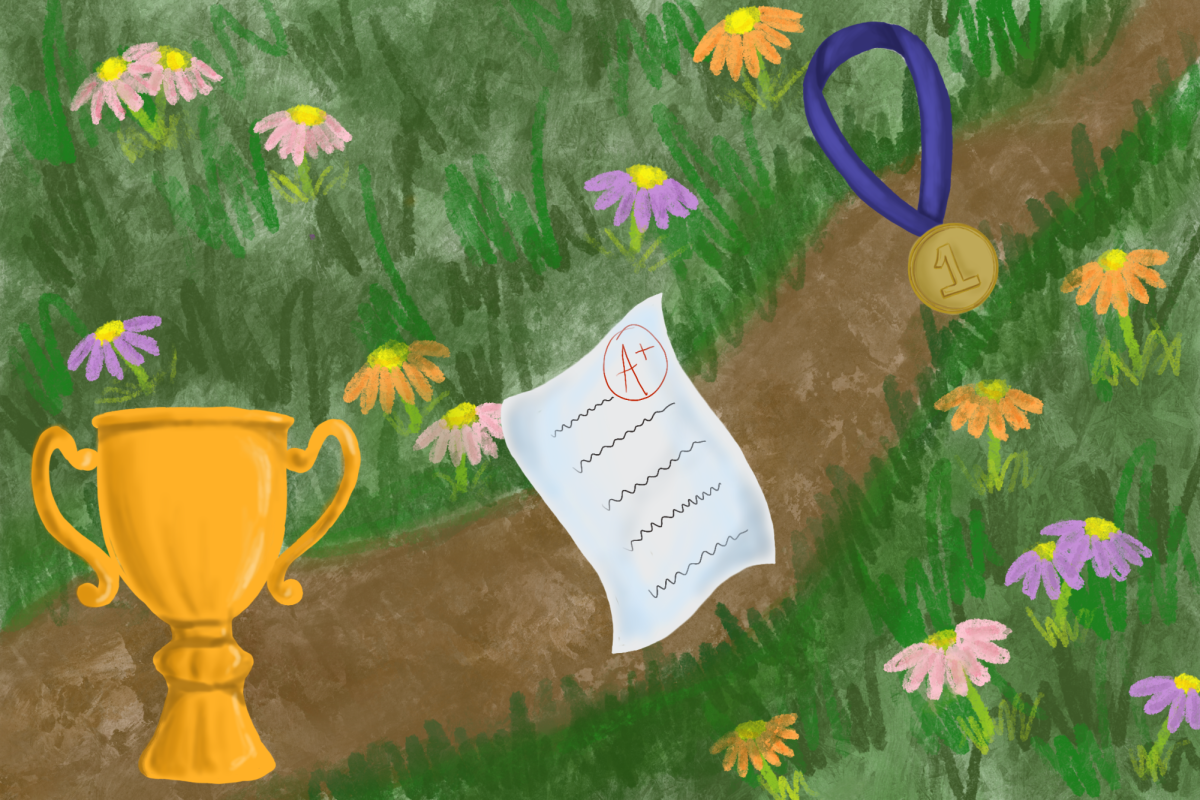Coptic Orthodox Christian Pope Shenouda III, patriarch of one of the most ancient Christian faiths in the world, passed away March 17. Coptic Christians make up about 10 percent of Egypt’s population and continue to undergo religious persecution in Egypt. Here at the University, there is a small population of Coptic students who, although far removed from Egypt, were greatly affected by the pope’s death.
It is easy to remember a great leader soon after his death, but after some time, people often forget about the impacts of his or her life. Learning from the lives of others is important and can help guide our generation to achieve the ambitions of peace and social justice we desire.
The pope’s leadership represented a great life of faith, courage and unity to many Copts and non-Copts alike. President Barack Obama said in a statement, “We will remember Pope Shenouda III as a man of deep faith, a leader of a great faith and an advocate for unity and reconciliation.”
Many Texas student Copts agreed that one of the greatest impacts of the pope’s life was his effort to unite Egypt in times of great sectarian violence. Bassem Iskander, a Coptic electrical engineering senior at UT, said, “In a country where people are waiting for the pope to say something wrong, he managed to speak in love to those who disagreed with him.” Like many great American leaders that fought for peace and unity such as Abraham Lincoln and Martin Luther King Jr., Pope Shenouda stood for unity not only in Egypt but also in the Middle East.
For many students, the idea of unity may sound great in theory but is in reality nothing more than a cliche. Oftentimes, many of the issues that divide nations, parties and people also divide our student body.
For example, the West Mall is easily transformed into a mini West Bank or the U.S. House floor as organizations representing differing views assert themselves and their stances. It is commendable to stand strong for what you believe in, but should these views divide students? At times, it can seem that we are bringing the conflicts that divide nations right into our own backyard.
The diversity of our student body is what makes UT one of the greatest public universities in the nation. Disagreements are bound to occur, but they should not lead to divisions where our student body becomes broken in a way by the lack of unity on campus.
One example of this kind of disconnect is revealed through the current Student Government presidential election. A disagreement occurred over the validity of an election rule. The case was brought to court, and later many students spoke out against the election saying that these candidates will now represent students who are financially well off versus those who are not. It seems that this disagreement divided the student body into student social classes when the original intent was to elect a new student body president. In addition to this new division, the elections were delayed for almost four weeks.
Divisions in the student body actually weaken and hurt the strength of our campus. Instead of fighting over who is right or who is wrong, perhaps it would be beneficial to agree to disagree and move on to find tangible solutions to many of the issues that face our generation. One practical way to unite campus groups that are typically polarized is through holding united forums to discuss contentious issues. Through such conversations, it may be possible to find creative and collaborative solutions to the problems that divide them.
Pope Shenouda’s life is a reminder for students to look beyond the disagreements that cause divisions and instead work toward a spirit of unity and peace on campus.
Dafashy is a Plan II senior.

















